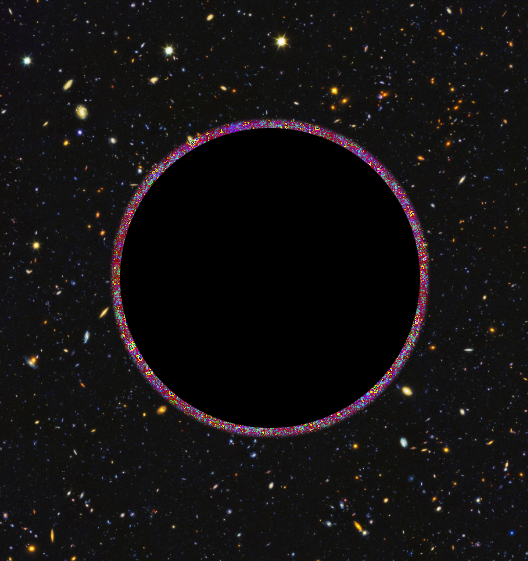Black holes drive new prizes
 Breakthroughs in the understanding of black holes have been honoured with this year’s Nobel Prize in physics.
Breakthroughs in the understanding of black holes have been honoured with this year’s Nobel Prize in physics.
The Royal Swedish Academy of Sciences has announced British scientist Roger Penrose will receive half of this year’s Nobel “for the discovery that black hole formation is a robust prediction of the general theory of relativity”.
German Reinhard Genzel and American Andrea Ghez jointly share the second half of the prize “for the discovery of a supermassive compact object at the centre of our galaxy”.
The prizes mark major efforts to understand black holes; “one of the most exotic objects in the universe”, Nobel committee scientists said.
Dr Penrose proved mathematically that black hole formation is possible in studies way back in 1965.
Dr Genzel and Dr Ghez, in more recent studies, found a supermassive black hole, four million times the mass of our Sun, at the centre of our Milky Way galaxy.
It has since been discovered that almost all galaxies have supermassive black holes at their core.
The awardees will receive a gold medal and prize money of 10 million Swedish kronor ($1.5 million), courtesy of a bequest left 124 years ago by Swedish inventor Alfred Nobel.
More advanced information on the discoveries is accessible here.







 Print
Print